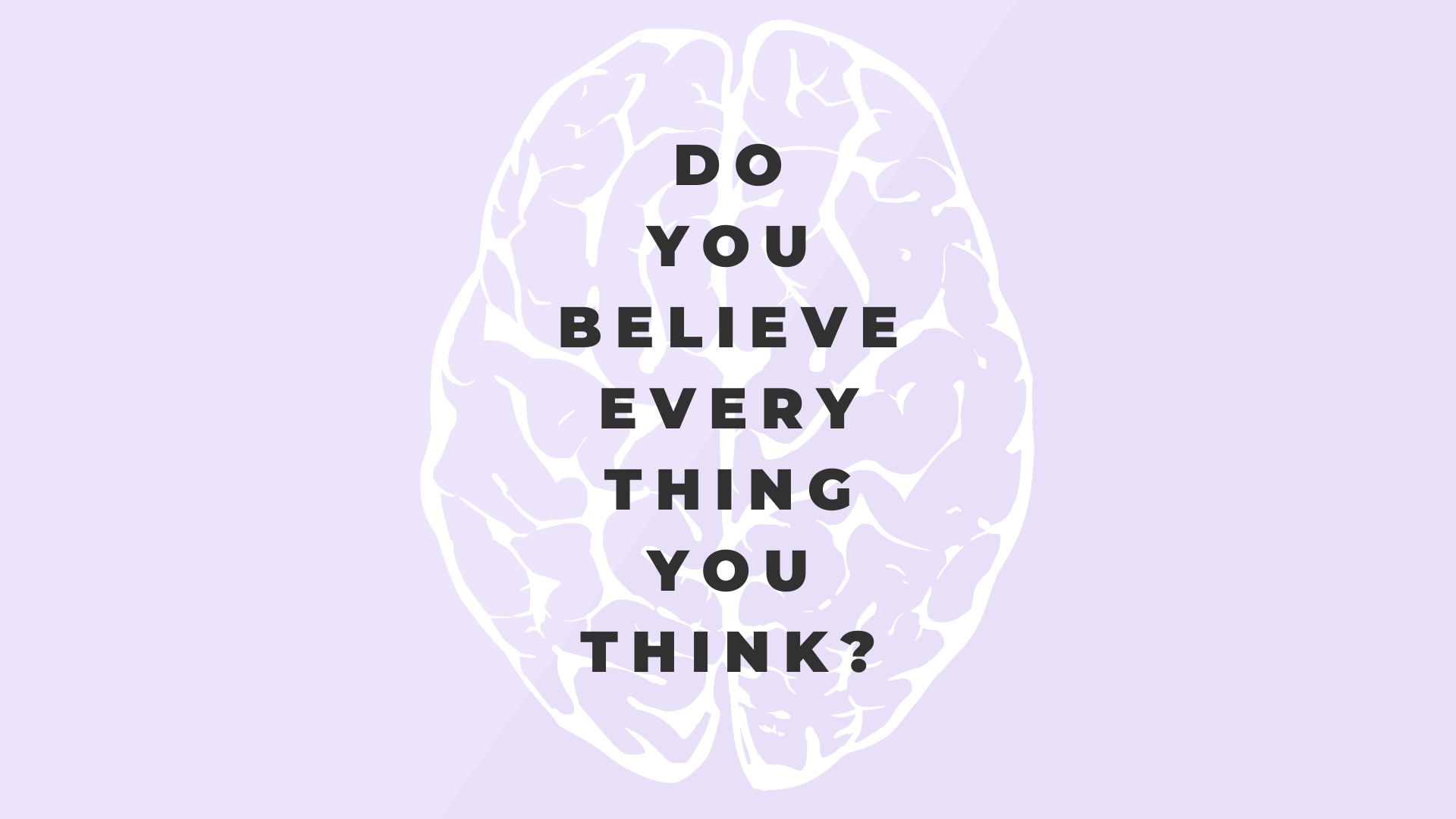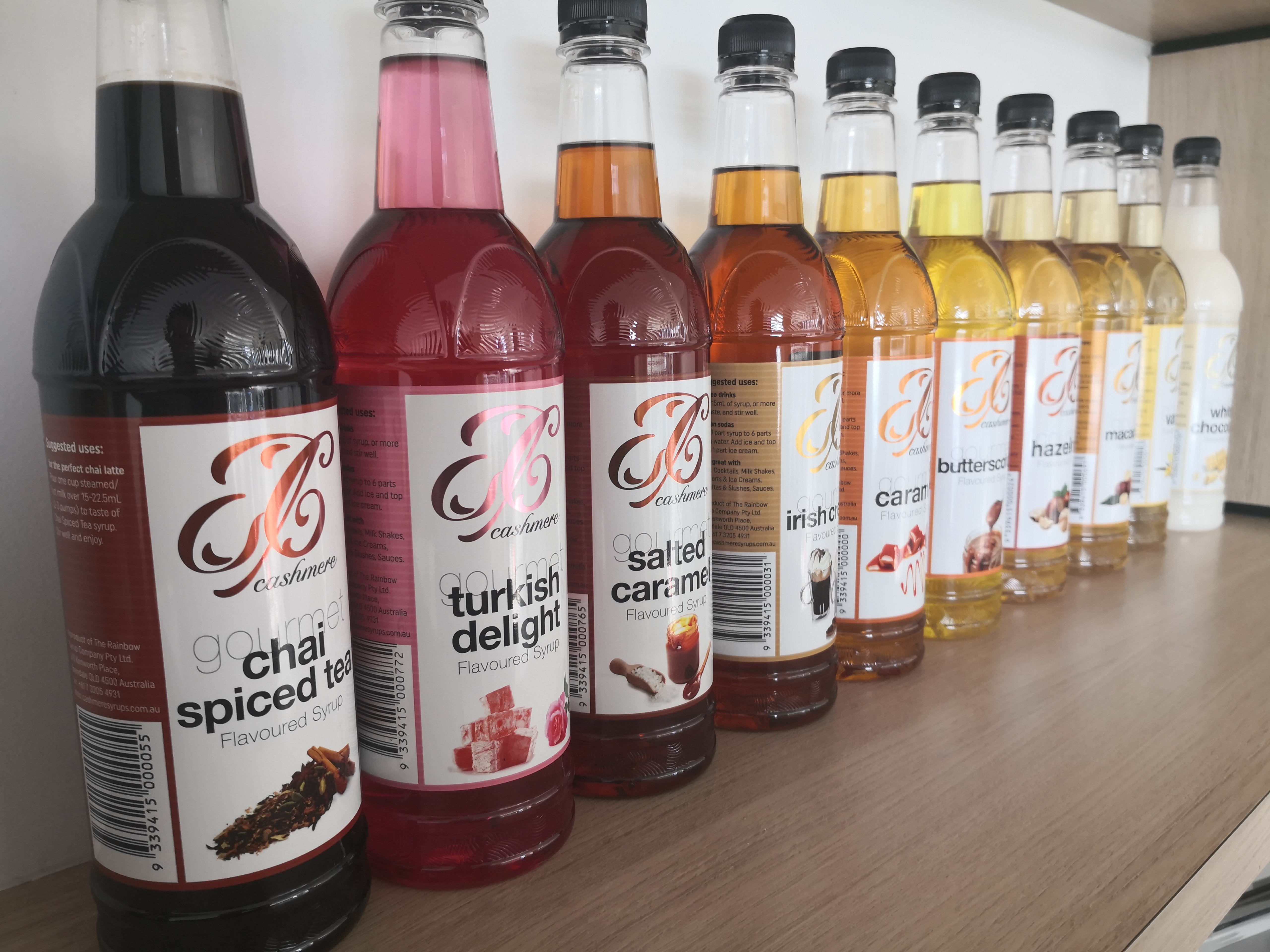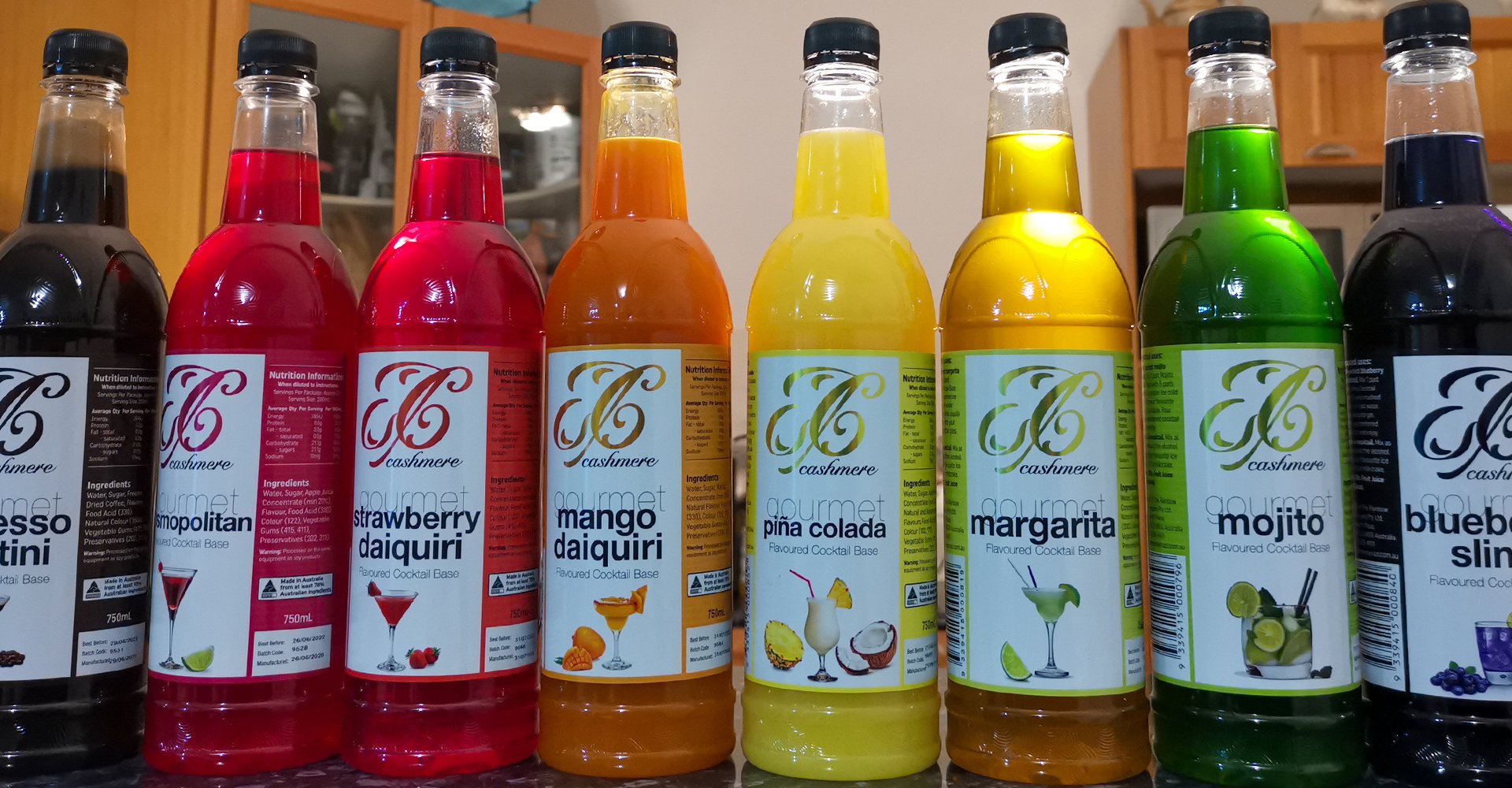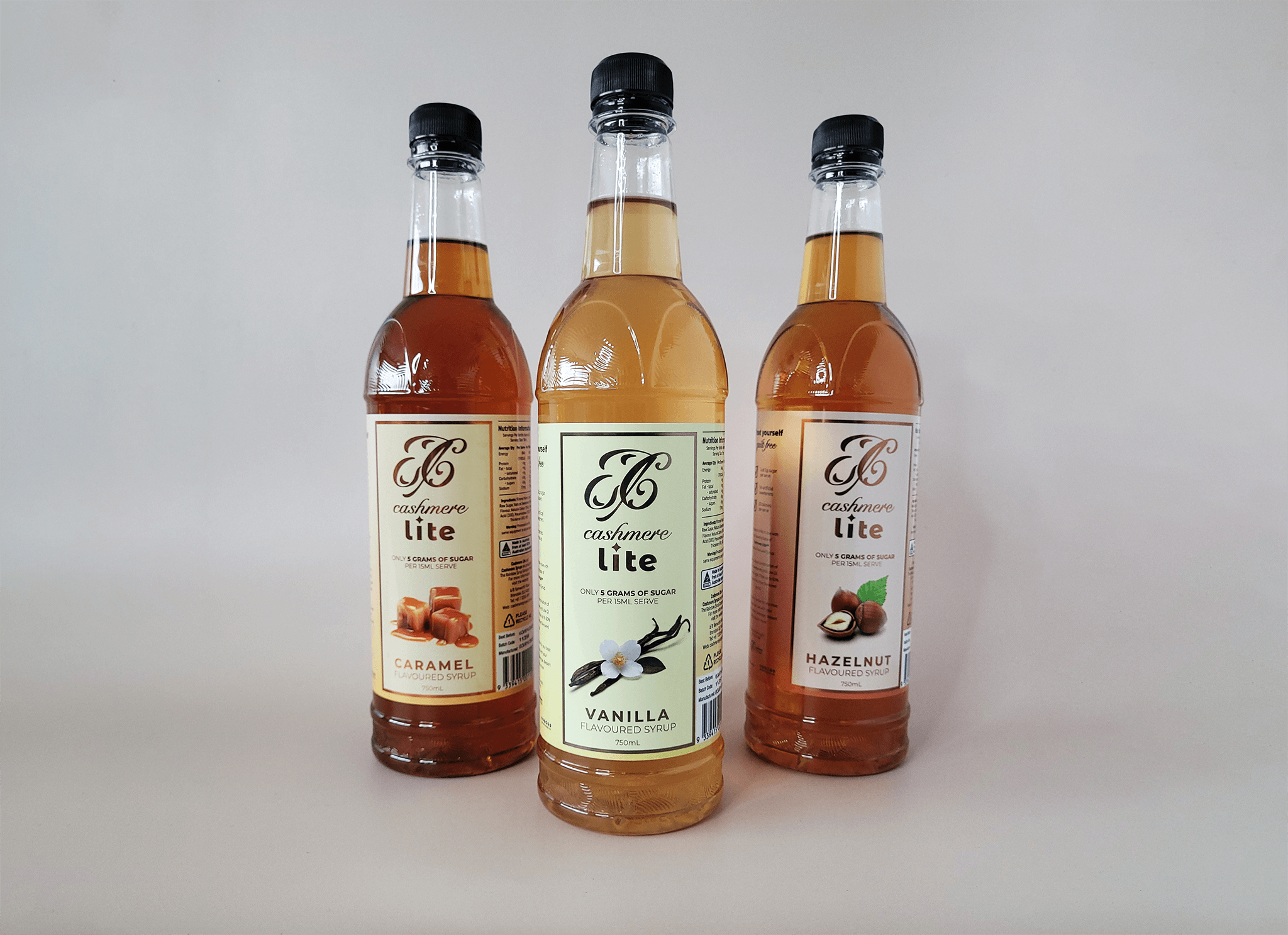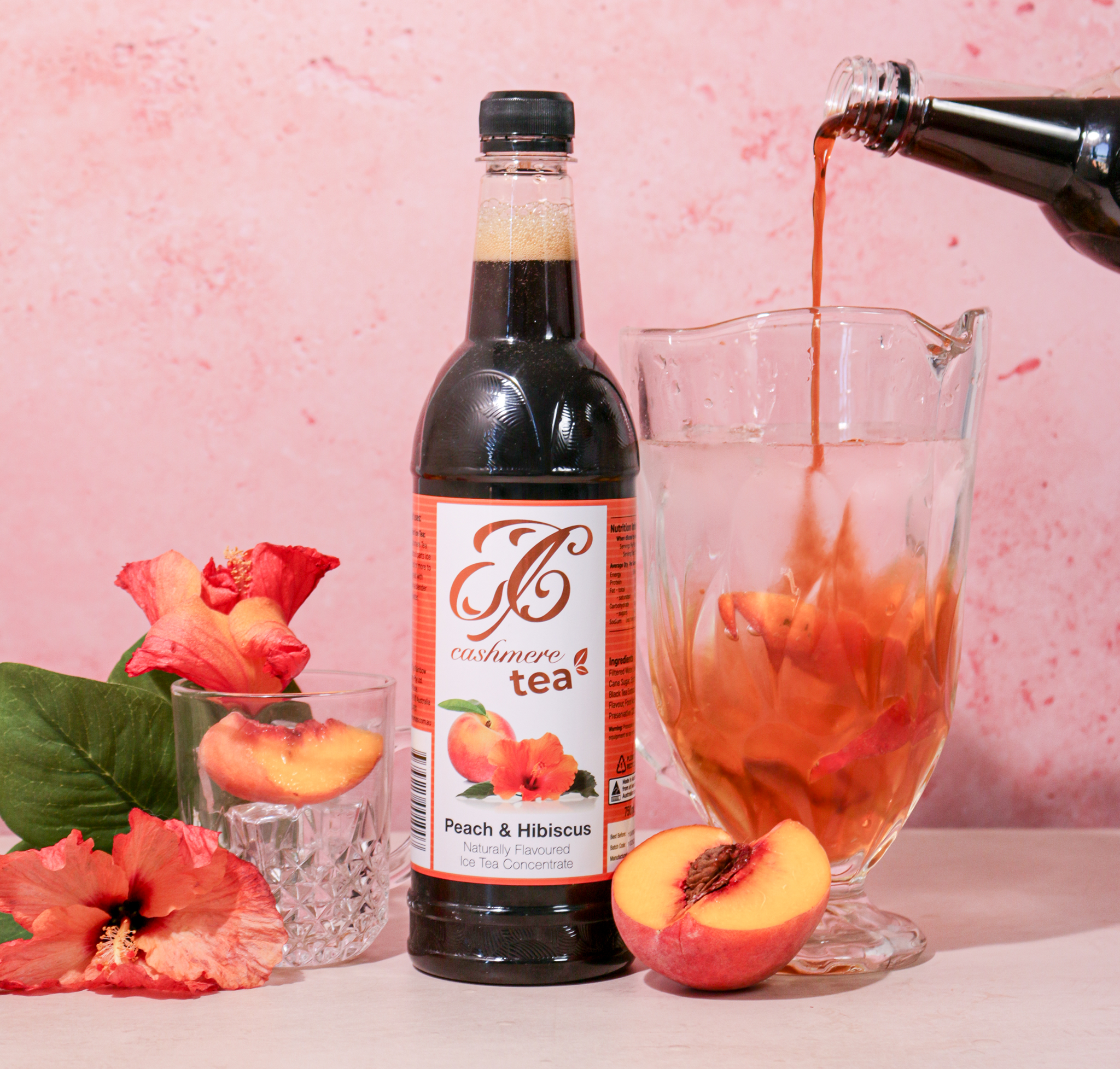Welcome to Win Your Week - our weekly blog on all things motivation, mindfulness, life hacks and more!
Have you ever had a day where lots of really good things happen, only to have it ruined by one bad thing?
If you’re anything like us, this has happened before (and a lot)!
This phenomenon is known as ‘negativity bias’ and it explains why we often have the tendency to be more affected by negative events rather than positive ones.
Negativity bias in action
We can think of negativity bias as an asymmetry in how we process negative and positive events, where negative events elicit more rapid and more prominent responses than non-negative events.
So, we have a clearer picture of what negativity bias looks like, but what causes this propensity for negative information?
Where does it come from?
Negativity bias is thought to be an adaptive evolutionary function. Thousands of years ago, when humans were exposed to immediate environmental threats (e.g., predators), being more attentive to negative stimuli served as a useful survival tool.
While negativity bias is still helpful in some situations, these environmental threats are less prevalent in our modern world, making this hardwired tendency more of a hinderance than a help.
In fact, negativity bias effects our attention and cognitive process on a day-to-day basis. Research shows negative emotions last longer than positive ones, we respond more to negative stimuli, and we think about negative events more.
In addition, negativity bias can lead us to assume the worst about people we don’t yet know.
Our beliefs, attitudes and expectations can then influence our subsequent behaviour and interactions with them.
We can view someone’s slip-up as highly salient compared to their positive behaviours, leading us to ruminate over them to the detriment of our relationships.
Recognising how the negativity bias works is the first step to overcoming its potential negative impacts. With this in mind, taking steps to overcome our negativity bias can be a positive move forward for our mental health and wellbeing.
How to Overcome the Bias
Negativity bias is concerned with where we direct our attention. By directing more of our conscious attention toward the positive events and feelings we experience, we can begin to address negativity bias.
And that requires practice. So, where do we start?
Self-awareness and challenging negative self-talk
By checking in with ourselves throughout the day, we can start to recognise thoughts that are running through our mind – both helpful and unhelpful ones. We can also look at our own behaviours too, for a better understanding of what’s serving us and what isn’t.
We can then start to tackle these head on, challenging them and replacing them with more useful ones.
The ABC of Negativity Bias
The ABC technique is one useful framework we can apply. Once we become aware of our behaviour or its consequences (B and C in the model, respectively), then we can work backward to think about what led to them (A for antecedents).
What were we thinking before experiencing anger, resentment, or frustration? Was it negativity bias in action? And how can we replace these thoughts with more positive ones?
Mindfulness: Breathing, meditations, and more
Practicing mindfulness is another good way to become more attuned to our own emotions. Through guided meditations, reflection, and other mindfulness interventions, we can start to observe our feelings and thoughts more objectively.
Savour the positive moments
When we stop and take some time to be present with positive experience, we’re savouring them and creating memories for the future. Building up our store of positive mental images and feelings can help us address the imbalance that negativity bias predisposes us too.
The next time you experience or create a positive moment, take a little longer than you usually would to enjoy it. Engage fully in the good sensations, happy thoughts, and pleasant emotions that you feel and make a note of what you enjoyed about it.
When you go home, try reflecting on what just happened and turn the savouring skill into a habit!
Over to you…
When we find ourselves getting stuck on the negative aspects of our lives, it helps to be aware of why we might be doing so. With an understanding of negativity bias, we can start to interact with adverse events and information more adaptively.
Now go ahead and win you week!


